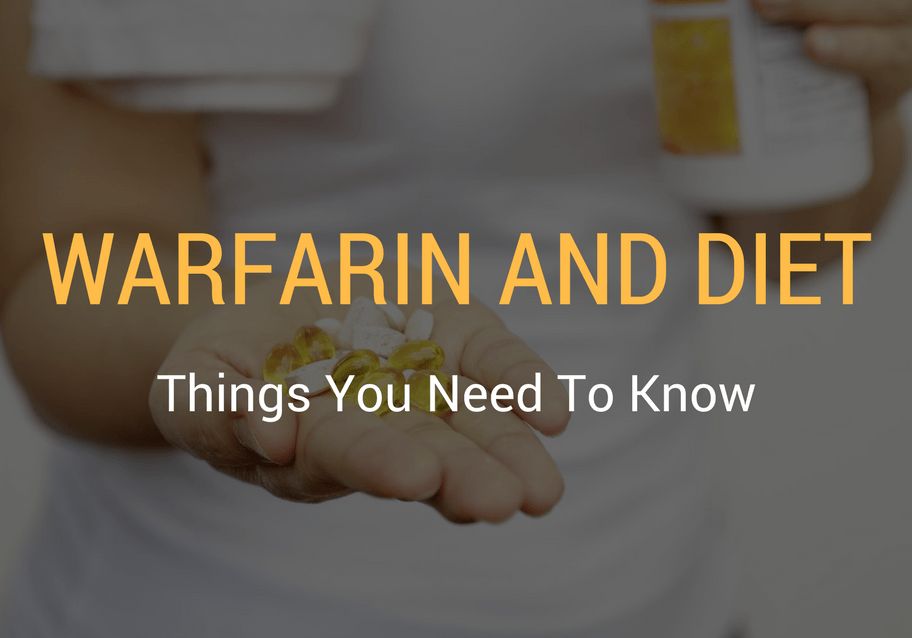
Things You Need To Know About Your Diet and Warfarin
What is Warfarin?
Warfarin is a medication that causes your blood to thin. This will decrease your body’s chance of forming harmful clots. Unwanted blood clots increase the risk of strokes, heart attacks, or other potentially harmful events such as clots in the legs (deep vein thrombosis) or lungs (pulmonary embolism).
How Does Warfarin Work?
There are proteins in the blood that form clots. These proteins are made by your liver with the help of vitamin K. Warfarin can overcome the effects of vitamin K, making it harder for your body to form clots.
If you’re taking warfarin, make sure that your health care provider tests your blood periodically to ensure that you are taking the right amount of warfarin. The blood test checks your protime (PT) or international normalized ratio (INR) to measure that how long it takes for your blood to clot. Your warfarin dose may need to be adjusted if your PT/INR is outside your target range.
How Does Your Diet Affect Warfarin?
Since vitamin K and warfarin work against each other, the amount of vitamin K in your diet can change warfarin’s effects. It is important to keep your dietary intake of vitamin K consistent. Take foods such as green leafy vegetables and certain oils that have higher amount of vitamin K in a limited quantity.
- If you decrease your intake of vitamin K, you’ll be needing less dose of warfarin to prevent bleeding.
- If you INCREASE your intake of vitamin K, you may need high dose of warfarin to prevent blood clots.
Other things to remember when taking warfarin
Many prescription and OTC medications, vitamins and herbal supplements can affect your warfarin level. So make sure not to start, stop, or change any drug without consulting with your doctor. Moreover,
- Eat healthy and a well-balanced diet to keep your vitamin K levels consistent.
- Make sure to take your warfarin dose at the same time daily. If in case you miss a dose, take it as soon as you remember. If it is almost time for the next dose, skip the missed dose and continue your regular schedule.
- Make sure to consult with your health care provider before you double up your doses.
- Consult with your doctor immediately if you have unusual bleeding or bruising, black or bloody stools, blood in the urine, or stomach pain.
Foods to Avoid
Lastly, there are certain foods such as alcohol, cranberry products (e.g., juice, supplements), grapefruit or grapefruit juice etc. that affects how your liver clears warfarin from your body. It can cause warfarin levels to increase or decrease. Too much alcohol, cranberry products, or grapefruit products increase warfarin’s effect and increase the risk of bleeding.
So, limit your intake of alcohol, cranberry products, and grapefruit to keep level of warfarin normal. Make sure your doctor knows if your diet contains any of these products, so your PT/INR can be closely monitored.


